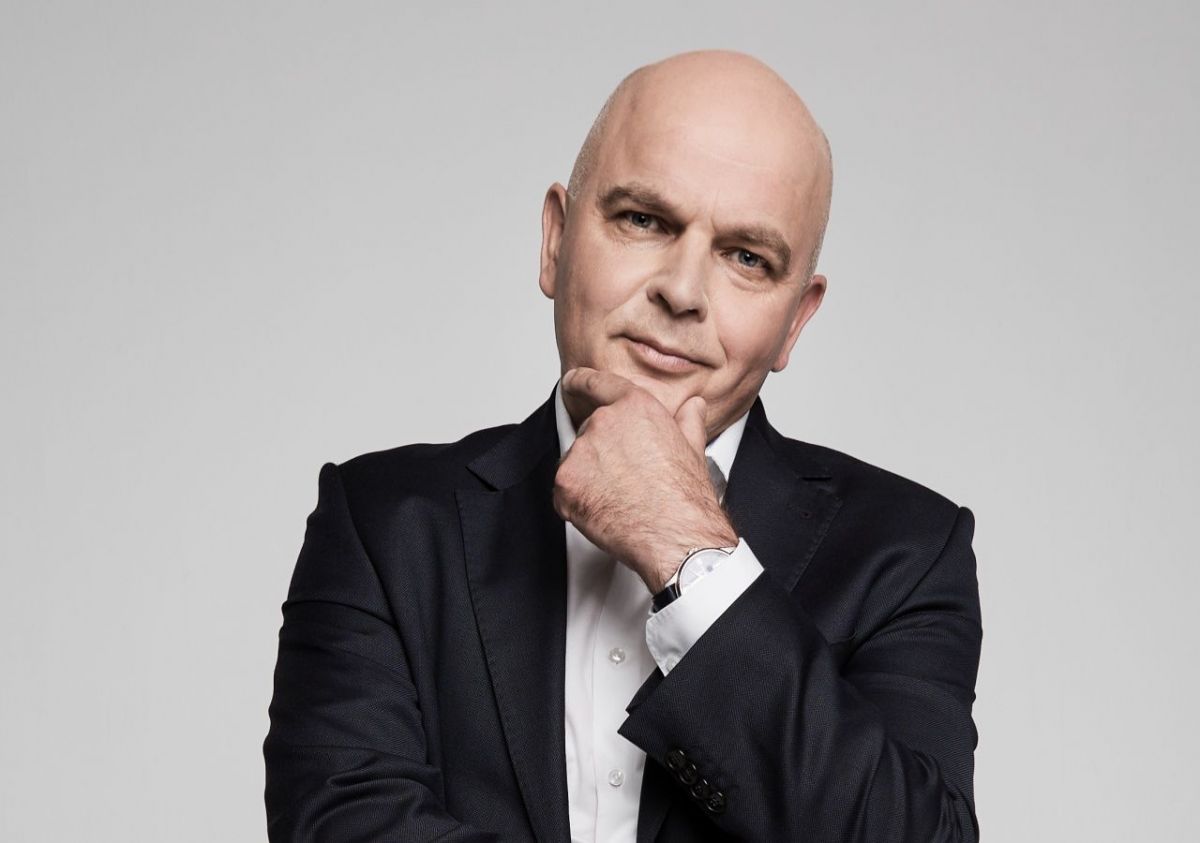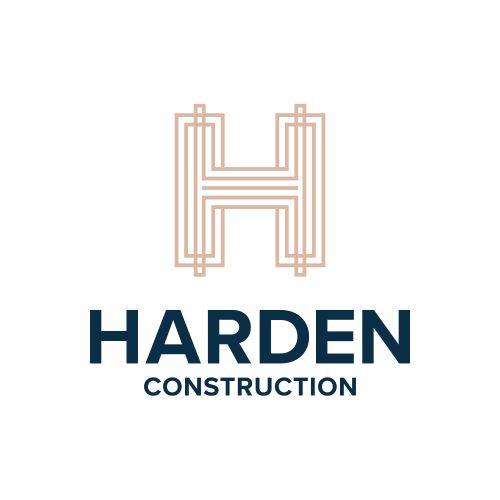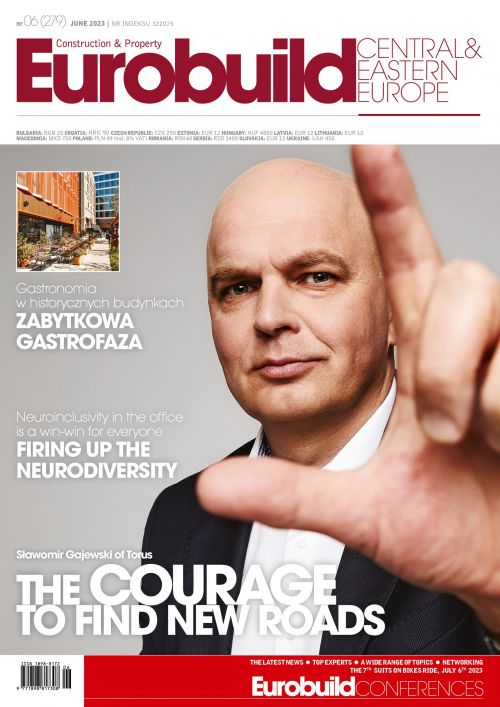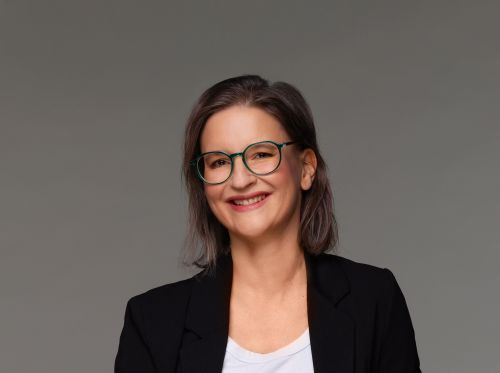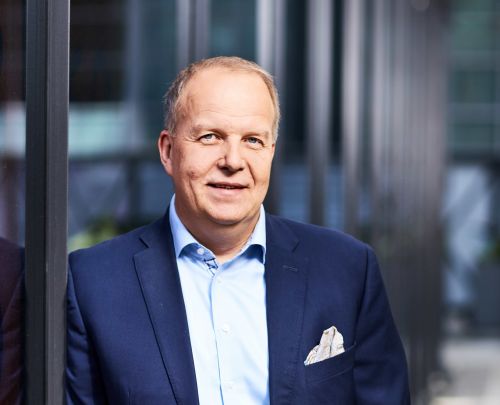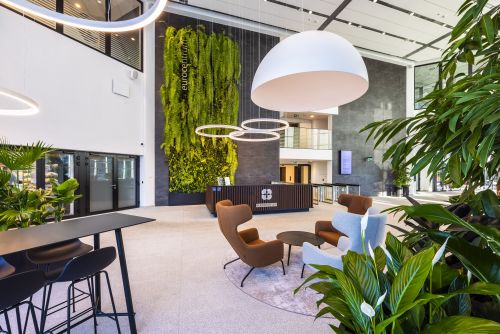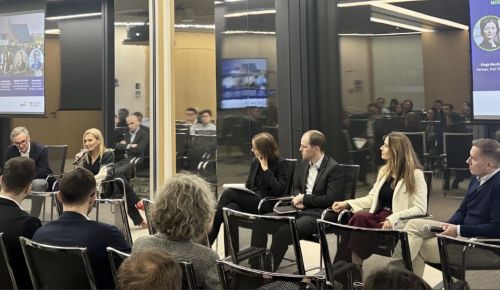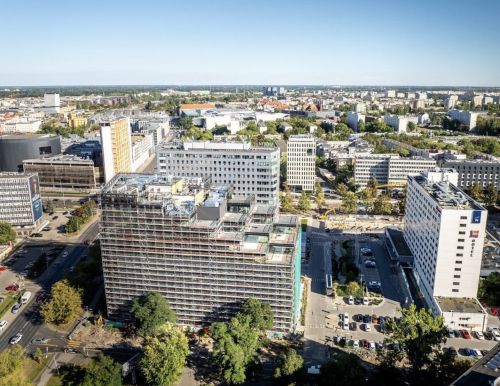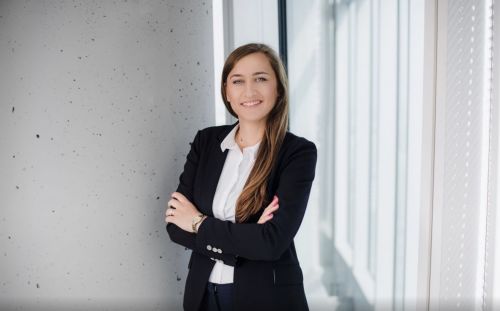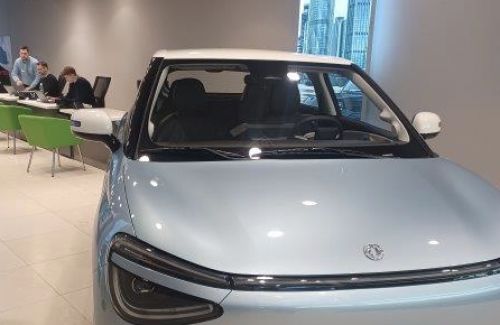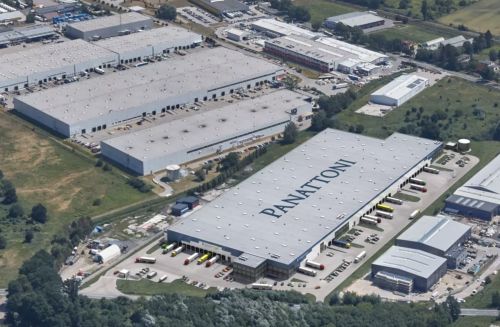Tomasz Cudowski, Eurobuild CEE: What’s your view of the state of the office market in Poland and how does your company fit into it?
Sławomir Gajewski, chairman of the management board, Torus: Well, we can’t pretend that it hasn’t been a very difficult time for the entire sector for some time. We got through Covid and the post-Covid period, but now we have to contend with the economic slowdown. All of this means that investors have lost their enthusiasm for the office market and are looking for other ways to invest their capital. In the US, the sector is still struggling with the reluctance of workers to return to the office, which has tarnished the entire image of the real estate sector. Luckily, we can now see the first signs of an end to this crisis, with employers now campaigning intensively for their staff to return. This problem was probably never quite that serious here in Poland, where we could say that the sector has completely dealt with it. As a developer,
